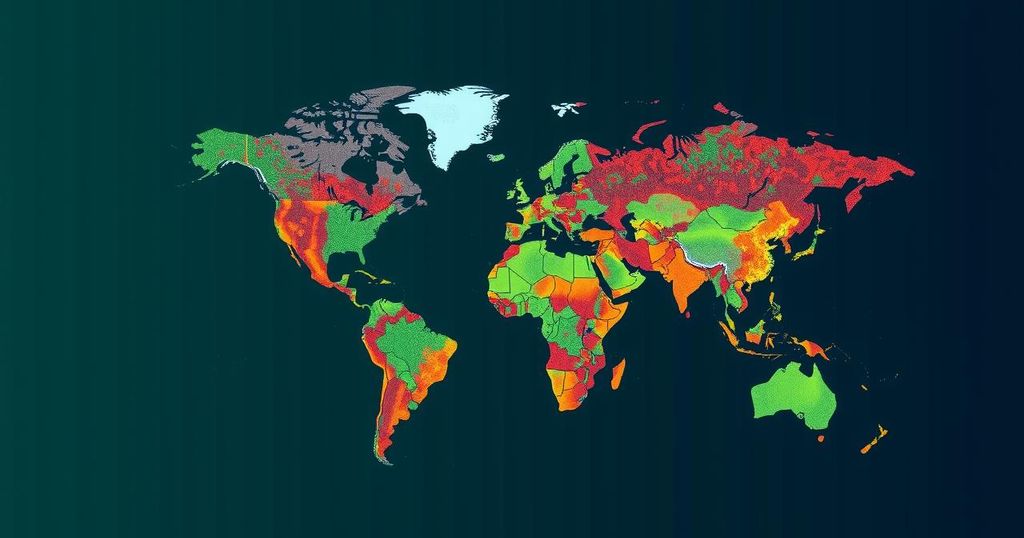Reforming Global Climate Negotiations for Effective Action
The COP29 climate talks revealed significant flaws in the global negotiation process for climate action, producing minimal outcomes while deferring essential discussions about fossil fuel transitions. Recognized as the main platform for international climate collaboration, the COP meetings face pressure to produce substantial results amid rising geopolitical distractions. Recommendations for reform include more frequent meetings, redefining leadership roles, and fostering coalitions among ambitious nations, all essential to reviving the global will to combat climate change effectively.
The recent COP29 climate talks in Baku, Azerbaijan, highlighted persistent flaws in the annual United Nations negotiations, which have been criticized for their slow progress and the overwhelming pressures to secure superficial outcomes. This year’s discussions produced only a slight increase in climate financing and established carbon market rules; however, critical topics such as the transition from fossil fuels were deferred. While these talks are not without their shortcomings, they remain the primary global platform for countries to negotiate climate action.
The COP meetings have been the cornerstone of global climate strategy since 1995, playing a decisive role in shaping international commitments towards climate mitigation. Despite the increasing diversion of global attention to crises such as COVID-19 and geopolitical tensions, climate change continues to pose a dire threat requiring immediate and sustained investment in clean technologies. The negotiation processes often become bureaucratic and focused on procedural elements rather than tangible outcomes, diminishing their effectiveness.
In light of these ongoing challenges, several recommendations have been proposed to enhance the efficacy of these negotiations. Firstly, a segmented negotiating structure, involving more frequent meetings in diplomatic hubs, could foster greater momentum and accountability. Secondly, reevaluating the presidency arrangements for COP could empower negotiators to be accountable for achieving concrete results. Thirdly, enhancing regional meetings can facilitate clearer communication and actionable outcomes among countries with similar climate goals.
Moreover, fostering coalitions of ambitious nations could catalyze meaningful progress, while directly addressing the largest emitters remains crucial for collective climate action. There is also a pressing need to revive political will in the arena of climate change, as the trajectory of emissions continues to raise concerns regarding the long-term prospects for effective global cooperation. The COP process, though imperfect, still holds significant potential for driving meaningful international climate policy and should be refined rather than discarded.
The annual Conference of the Parties (COP) meetings, initiated in 1995, represent a crucial element of global climate governance, bringing together nations to negotiate efforts to combat climate change. Over the years, these conferences have elicited a mixture of optimism and frustration among stakeholders. While they result in some commitments and financial pledges, there are often shortcomings in terms of binding agreements, particularly regarding fossil fuel dependence, hampered by the influence of oil-producing nations. The need for a shift in investment towards sustainable energy solutions is critical in the face of escalating climate impacts, thus refining the COP process has become a focal point of discussion among climate diplomats and activists alike.
In summary, the COP29 discussions underscored the fundamental inadequacies of the current international climate negotiation framework. To effectively tackle the pressing challenges of climate change, it is essential to refocus efforts on substantive progress through improved procedural mechanisms, heightened accountability, and regional collaboration. The call for renewed political will remains pivotal, as the consequences of inaction intensify, reinforcing the necessity for robust commitments towards a sustainable future.
Original Source: theconversation.com




Post Comment